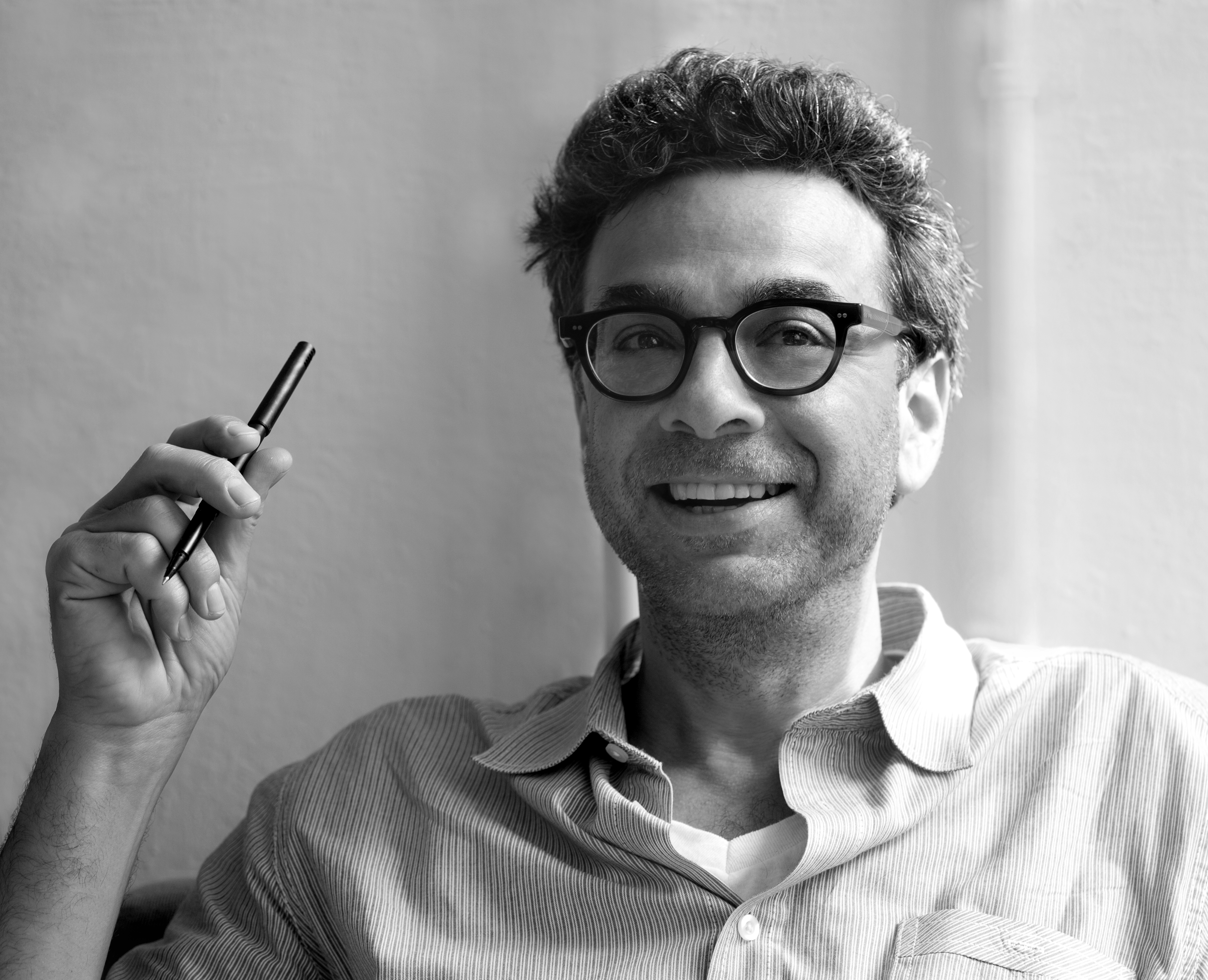The world’s second largest economy is showing danger signs. The Shanghai Composite index has fallen by a third in one month’s time.
The declines come despite desperate measures by the Chinese government to prop up stock prices.
More than 1,300 companies — representing about 40 percent of the value of companies on the mainland — have halted trading in an effort to stop the slide.
Between June 2014 and June 2015, the Shanghai Composite index rose by 150 percent. A big reason for the stock market rally was that a lot more people started buying stocks with borrowed money. This practice, known as “trading on margin.” Margin trading used to be strictly regulated by the Chinese government, but Chinese authorities have gradually relaxed these requirements over the last five years.
What does this plunge in the Chinese stock market mean for the Chinese and the world economies?
Dr. Lei Mao explains the significance and predicts little contagion to other world economies.



